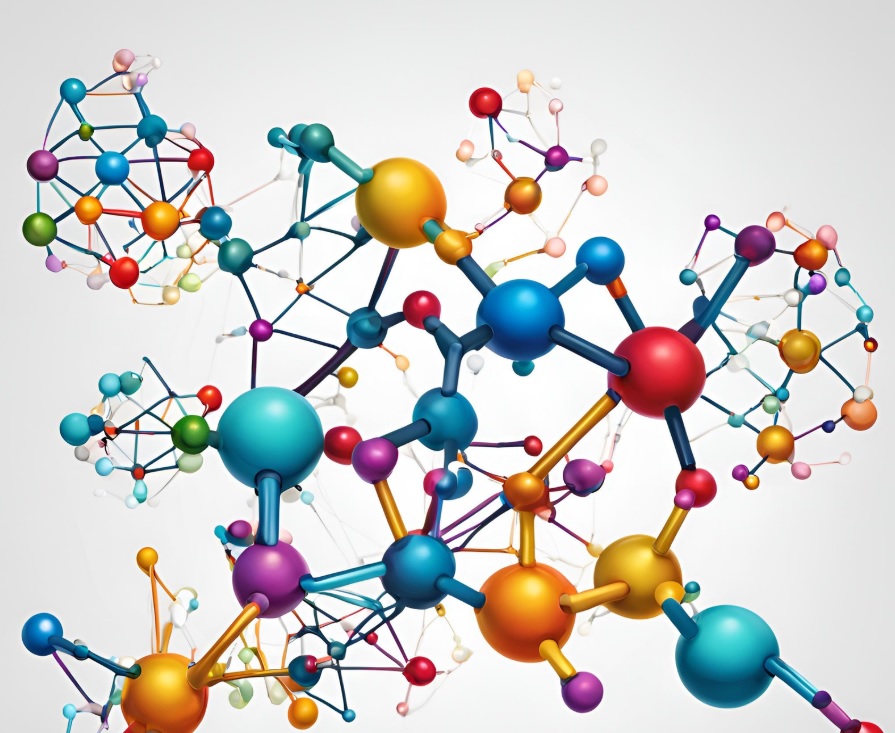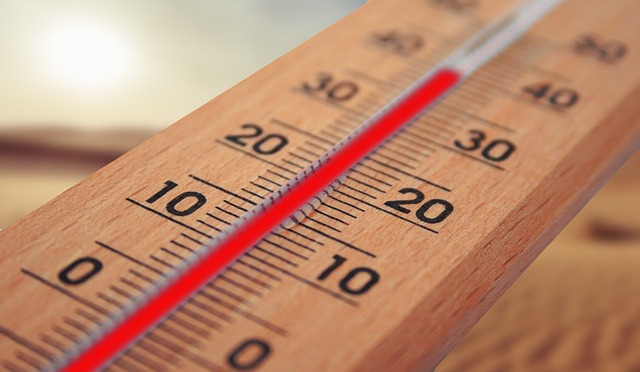Over 70% of industrial waste is mismanaged and polluting land and waterways – a scary fact that shows we need better environmental clean up methods. Traditional methods are often insufficient or unsustainable so scientists are looking for new ways. One of those ways is bioconjugation.
Bioconjugation is a growing area of research in environmental science where natural and synthetic materials come together to break down and neutralise pollutants, a more sustainable alternative to traditional methods. Integrating bioconjugates into environmental clean up strategies will bring big progress in pollution. By improving bioremediation processes performance and specificity they will be the way to a cleaner, more sustainable world.
As scientists continue to develop and refine these techniques, the potential for bioconjugates to transform environmental management becomes increasingly evident, capturing the interest and hope of researchers and environmentalists alike.
What are Bioconjugates?
Bioconjugates are small molecules in which biomolecules such as enzymes, peptides, or antibodies are chemically bonded with synthetic or natural materials. The combination of the two components makes new materials that have properties that are not possible for their components alone.
Bioconjugates are useful in a lot of ways. For example, they offer a new level of precision within scientific research. Bioconjugates are able to target specific molecules or reactions with great accuracy, which makes them very useful particularly within medical research. Bioconjugates are also very versatile as there are numerous combinations of molecules that can be conjugated. This means that tailored bioconjugation can be used to create molecules that are useful for many applications across different fields, including environmental science.
In the ever-growing field of environmental cleanup, bioconjugates are starting to play an important role. Their precision means that they can be used for targeted bioremediation processes in which pollutants are broken down efficiently. Their adaptability also means that they can be used in a wide range of environmental challenges.
Bioconjugates in Environmental Cleanup
One of the main ways that we can expect to see bioconjugates being used in environmental science is in targeting specific pollutants. Bioconjugates can bind to these pollutants, allowing us to identify them, and help to break them down into non-toxic components. A good example of this is enzyme-based bioconjugates that are used to degrade oil spills in oceans or to dismantle plastic microfibres in aquatic systems.
Bioconjugates are very good at trapping and neutralizing heavy metals that are found in contaminated environments. Bioconjugates made with functionalized nanoparticles that have been combined with proteins can sequester toxic metals like mercury, arsenic, or lead from polluted soils and water. This process helps to reduce the harmful impact of these substances on ecosystems.
In agriculture and industrial settings, bioconjugates are designed to combat hazardous chemicals by neutralizing pesticides and industrial chemicals, essentially acting as a safeguard for the environment. By breaking down these substances, bioconjugates help to protect both terrestrial and aquatic life from potential chemical damage.
Benefits of Bioconjugates in Bioremediation
A big advantage of bioconjugates is that they give us an environmentally friendly approach to handling bioremediation. The natural component of bioconjugates means that they are often biodegradable in nature and therefore do not leave behind harmful residue when used. This makes them a favorable choice for cleaning contaminated environments without adding further ecological stress.
As previously mentioned, bioconjugates are very good at targeting specific pollutants. Due to their targeted action, bioconjugates don’t need a lot of resources to achieve effective results in bioremediation efforts, making them highly efficient.
Recent advancements in biotechnology are starting to make large-scale manufacturing of bioconjugates a reality. If bioconjugates can be made in large quantities, it will be possible to use them in extensive environmental cleanups, making them effective in both small and vast contaminated areas.
Challenges and Ongoing Research
Despite the promise that bioconjugates have, there are still some challenges that need to be addressed:
- Cost and Scalability: The production of bioconjugates is expensive and sometimes complex, making it difficult to scale for broader environmental applications.
- Environmental Stability: Bioconjugates must withstand harsh environmental conditions such as extreme temperatures or pH levels, which remains a challenge for their long-term effectiveness.
- Ecological Impact: Bioconjugates are still a relatively new technology and we don’t fully understand them yet. This means that there’s a potential risk that these materials might interact in unforeseen ways with natural ecosystems.
Research into improving bioconjugates is continuously ongoing. Researchers are working on making bioconjugates more robust and affordable so that they become a more practical solution to use in environmental cleanup. Additionally, there is ongoing research on using nanotechnology alongside bioconjugates to improve their capacity to remediate pollutants.
Future Potential of Bioconjugates in Sustainability
Bioconjugates are undoubtedly an exciting area of research in the field of environmental remediation. By integrating with green chemistry and renewable energy systems, they can greatly improve the systems that we already have in place. These integrations could lead to more efficient clean-energy technologies that further reduce our carbon footprint, a goal we should be aiming towards globally.
As research continues, new applications for bioconjugates in environmental protection are likely to be discovered. For example, bioengineered systems are being developed for air purification, offering a new way to deal with air pollution.
Bioconjugates can also play a role in promoting a circular economy. This works by facilitating more effective bioremediation processes, meaning that they help to reduce waste and recycle resources. This makes them essential in achieving sustainability goals.
Their use in bioremediation is advancing rapidly, helping address pressing pollution challenges. By breaking down harmful substances in the environment, they contribute to cleaner water and soil.
Supporting research in bioconjugates is very important, and encouraging policies and innovations in this field encourages creative solutions for a sustainable future. By backing these developments, society can take important steps toward a greener planet.




